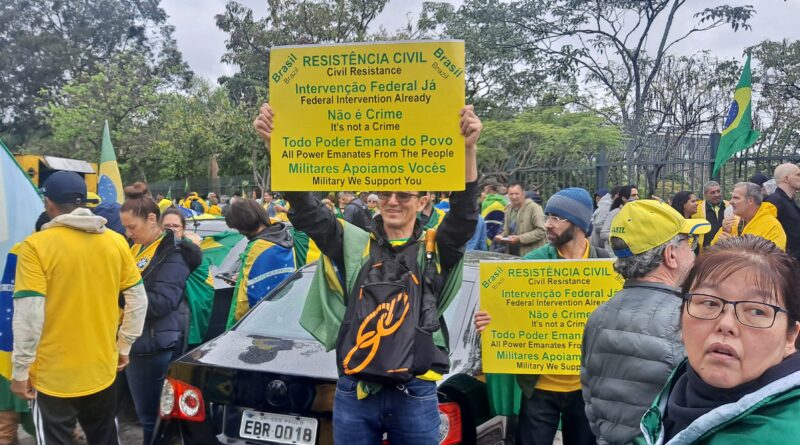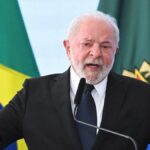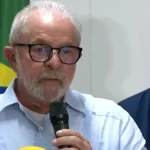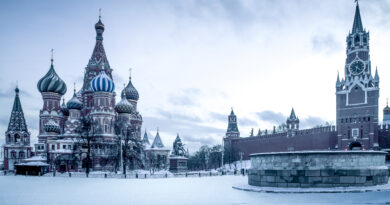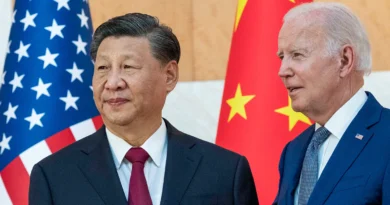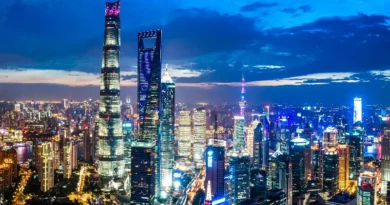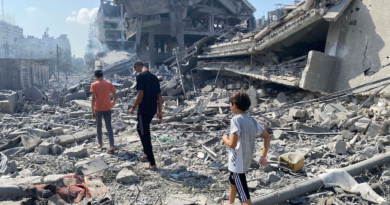Normality and the anger of the extreme right mark the transition in Brazil
São Paulo
Between roadblocks, demonstrations calling for a coup and the almost imperceptible rattling of sabers, the negotiations for the transition between the government of Jair Bolsonaro and the teams designated by the president-elect, Luiz Inácio Lula da Silva, are proceeding normally. Lula remains discreetly in the background, while the outgoing president has not appeared publicly since the day of an electoral defeat that he has not been able to assimilate. He has not yet publicly accepted the results, let alone congratulated his opponent. He surely he never will.
The days following the victory of Lula da Silva in the presidential elections on October 30 were turbulent. Thousands of truckers and supporters of the defeated candidate and still president, Jair Bolsonaro, blocked hundreds of highways throughout the country, creating shortages and major setbacks for citizens who needed to move between cities. Bolsonaro himself addressed the protesters to end the roadblocks, but insisted that the protest demonstrations against alleged electoral fraud were legitimate, even if they openly called for the intervention of the Army. The gatherings of thousands of followers of the far-right leader continued in front of the headquarters of the Armed Forces in numerous cities in Brazil. The visceral hatred towards the left and towards Lula that was seen in these protests reflects a deeply divided Brazil in which the ultra-right has established itself despite its defeat (Lula triumphed with 50,9% of the votes against 49,1% of Bolsonaro).
When the demonstrations subsided, Bolsonaro opted for another path in a final attempt to reverse the decision of the polls. The Liberal Party, which welcomed Bolsonaro's candidacy for the presidency, filed an appeal for alleged fraud before the Superior Electoral Court. Within 24 hours, its president, Alexandre de Moraes, dismissed the lawsuit and imposed a fine of 22 million reais (just over four million euros) on the Liberal Party. De Moraes is the sworn enemy of much of Brazil's most recalcitrant extreme right.
Less than a month after Lula's inauguration, little is said about who will be the ministers in the new government, which will probably be announced on December 12. Lula has only promised that the Defense Minister will be a civilian, but more doubts persist about the identity of the Economy Minister, a matter of crucial importance. Brazil's financial problems are pressing. On December 5, the Folha de São Paulo newspaper assured that there is no money in the box to pay all the pensions at the end of the month. Even the federal police have stopped issuing passports due to lack of funds.
In these circumstances, Lula claims that certain items in the budget – especially emergency aid, an aid of just over one hundred euros that 21 million poor people receive monthly – are excluded from the spending ceiling set in the Constitution. This proposal, accompanied by Lula's opinion on the social insensitivity of the markets, caused a stock market crash and an immediate depreciation (approximately 10%) of the real against the dollar and the euro. The continuity of these aids is one of Lula's main electoral promises, but Congress, to a large extent contrary to the president-elect, will not make it easy for him, despite the fact that Congress itself has allowed Bolsonaro five breaches of the spending ceiling. .
The transition teams, however, continue to work as normal. There are 300 people in 30 work groups. The vice-president elect, Geraldo Alckmin – a conservative leader, Lula's rival in the 2002 elections, and with enormous experience in parliamentary ins and outs – has already met with the vice-president in office, Hamilton Mourão. In this regard, the transition between Lula's team and the heads of the ministries is going well. Although the president barely intervenes. At the beginning of November, while the negotiating teams were meeting at the Planalto presidential palace, Bolsonaro came over to greet Alckmin with a single request: "Please, free us from communism."
The main concern among the leaders of the Workers' party and the other 10 parties that support Lula – ranging from the extreme left to the center right – is the attitude that the military leadership will adopt. Apart from the outbursts of some officers threatening civil war, the newspaper O Estado de São Paulo reported on November 29 that the three heads of the Armed Forces – Army, Aeronautics and Navy – will leave their posts before the Lula's inauguration on January 1. The Folha de São Paulo considered the decision of the military commanders a “declaration of insubordination”.
Meanwhile, Jair Bolsonaro is practically disappeared. Except for the very brief intervention to dissuade the roadblocks, he has not opened his mouth. He is locked up in the Alvorada residential palace, from which he has only left to attend two meetings with the military in which he opted for silence. His son Carlos alleges that the president suffers from a skin infection on one leg, but the fact is that Jair Bolsonaro has not attended the latest delivery of credentials from the diplomatic corps nor has he revealed whether he will hand over the presidential sash to Lula on January 1 in Brasilia, although commentators favor its absence in this act.
Juan Miguel Munoz he is a journalist. She lives in Brazil, has also worked in Mexico and was a correspondent in Jerusalem.

